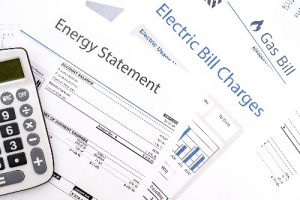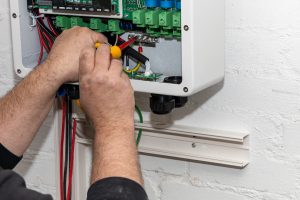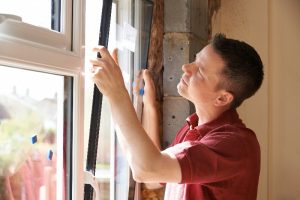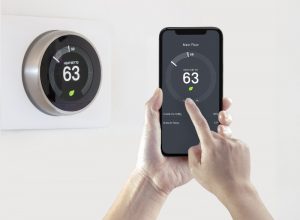
Are you eager to slash your expenses and cut down on monthly spending? One of the prime areas to focus on within your household is optimizing your electrical systems to reduce energy consumption. Here are ten strategies that incorporate electrical repairs to help you trim utility costs effectively.
- Turn Off Lights Efficiently: Instead of illuminating your entire home, selectively light only the rooms you occupy. This simple habit significantly reduces electrical usage and cuts down on your energy bills.
- Upgrade to Energy-Efficient Light Bulbs: Replace traditional incandescent bulbs with energy-efficient LEDs. Though they may have a higher initial cost, LED bulbs last significantly longer, offering substantial savings on electricity bills over time.
- Optimize Heating Systems: Lower your thermostat by just one degree to achieve considerable savings on heating costs. When leaving your home for extended periods, consider reducing the thermostat by five to six degrees to minimize energy consumption.
- Upgrade the Electrical Panel: An outdated or undersized electrical panel may struggle to handle the demands of modern appliances and electronics efficiently, leading to inefficiencies and increased energy consumption. By having an electrician install a more advanced panel with increased capacity and improved safety features, you can ensure that your electrical system operates more efficiently.
- Combat Phantom Power: Unplug chargers and electronic devices when not in use to prevent them from drawing standby power, which contributes to unnecessary electricity consumption and poses a potential fire risk.
- Upgrade to Energy-Efficient Appliances: Replace outdated appliances older than a decade with newer, more energy-efficient models. This upgrade not only enhances performance but also reduces electricity usage, resulting in long-term savings.
- Optimize Laundry Loads: Wait until you have a full load before running your washer to minimize water consumption. This simple practice conserves both water and the electricity required to power your washing machine.
- Utilize Dishwashers Wisely: Running a full dishwasher consumes less water and electricity compared to hand-washing dishes. Wait until the dishwasher is nearly full before starting a cycle to maximize efficiency.
- Adjust Water Heater Settings: Lower the temperature of your water heater to 130 degrees Fahrenheit or below to reduce energy consumption. This simple adjustment results in significant savings on electricity bills without compromising comfort.
- Seal Air Leaks: Inspect and repair seals around windows and doors to prevent heat loss. Properly sealing these areas improves the efficiency of your heating system, resulting in lower energy consumption and reduced utility costs.
By incorporating these electrical repairs and energy-saving practices into your daily routine, you can make a noticeable impact on your energy bills while promoting a more sustainable lifestyle.
…


 Some of the above techniques work in conjunction with the proper orientation of windows to make sure the right things are getting maximum sunlight in winter and minimum in summer. Choice of windows and window positioning thus plays an important role in passive solar design with regards to managing temperature. Secondarily, proper positioning of windows can provide natural sunlight throughout the day thereby minimizing the need for artificial lighting sources. Be sure to consult with a remodeling contractor that specializes in energy efficiency.
Some of the above techniques work in conjunction with the proper orientation of windows to make sure the right things are getting maximum sunlight in winter and minimum in summer. Choice of windows and window positioning thus plays an important role in passive solar design with regards to managing temperature. Secondarily, proper positioning of windows can provide natural sunlight throughout the day thereby minimizing the need for artificial lighting sources. Be sure to consult with a remodeling contractor that specializes in energy efficiency. 